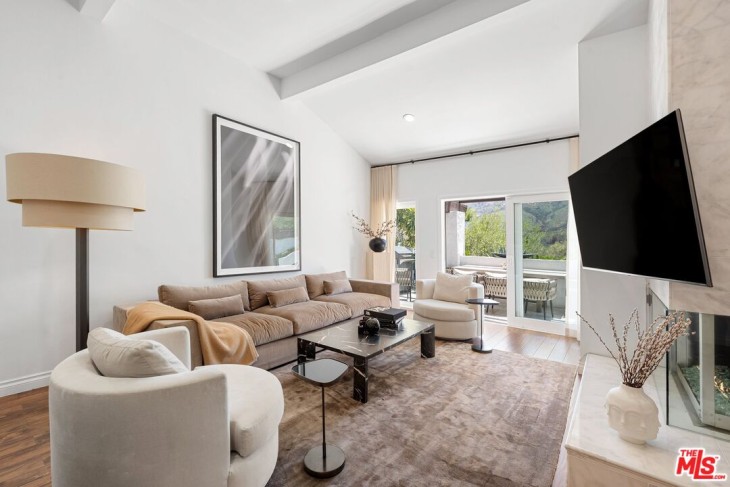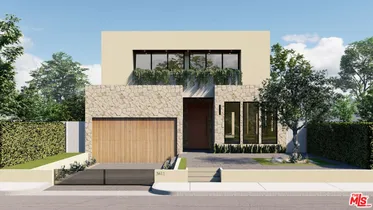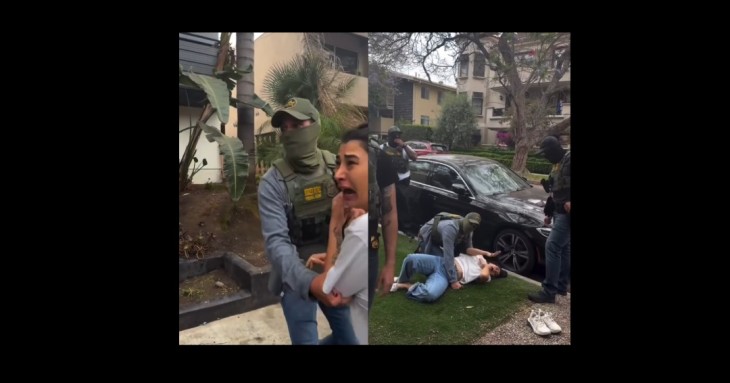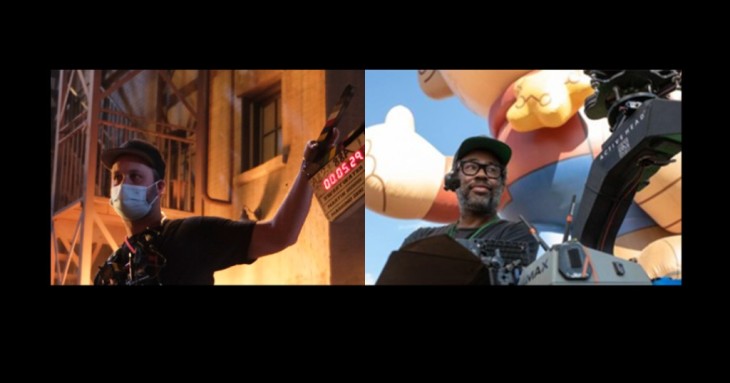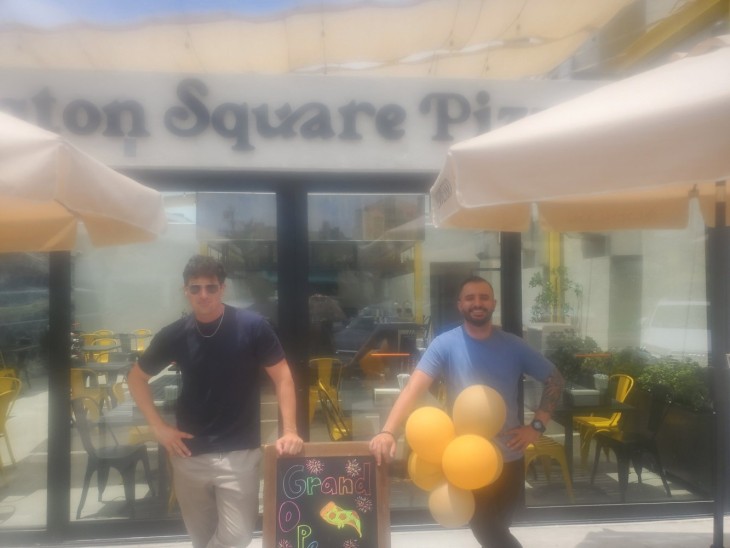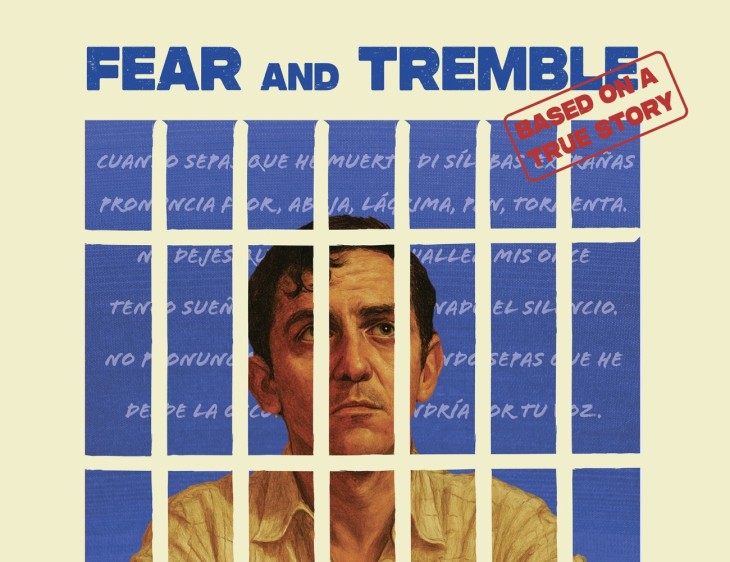A local homeowner was convicted for illegally leasing short-term rentals out of his home violating zoning codes in Santa Monica. This is the first prosecution of this type by the City Attorney’s Office, but not an isolated incident in this small beach front community.
Property owner Bruno Vavala rented out the single-family home located at 804 Navy Street, a low-density zone meant for low-concentration residential dwellings. Vavala leased out the home to large numbers of vacationers for short-term stays, in the manner that a hotel would. The home was listed on vacation rental websites.
Vavala, who could not be reached for comment, pled no contest for illegally using his residential property for unpermitted use. He will serve one-year probation and pay $4,000 in fees.
Short-term rentals of homes are prohibited by the City’s zoning code, which, among other things, seeks to maintain and protect the existing character of residential neighborhoods, and prevent undue burdens on limited public facilities within those neighborhoods. Vavala’s neighbors began to report noise, traffic, and safety complaints from the Navy Street home, drawing notice from City officials.
Santa Monica City Code Enforcement Officers notified Vavala “several times” to cease the illegal activity, although he did not heed the warnings, according to press reports. The City Attorney’s office took over the case. City Deputy Attorney Yibin Shen said the office sought criminal charges due to his repeated history of disregard.
“The impact on the neighborhood is significant,” Shen said. “The influx of lots of people and noise in a vacation area that tend to attract more activity.”
He explained that the City has other similar pending cases, but most ceased renting after being warned. Even after the house went into foreclosure, Shen said Vavala continued to rent out the property. Shen said the goal is to obtain compliance through education.
Properties need various zoning approvals to operate a hotel or vacation rental in Santa Monica. According to zoning codes, a hotel is loosely defined as temporary lodging. A property owner must apply for a permit in order to host short-term renters or face the consequences if caught.
In December 2009, the Planning Commission approved the first bed and breakfast facility in the Santa Monica. The four-bedroom beach house property located at 2219 Ocean Avenue is a designated City landmark. Owners John and Donna Heidts intended the bed and breakfast revenue to support the historic property’s upkeep.
Zoning codes definition of a bed and breakfast does not have more than four guest rooms or one kitchen. Shen said the zoning allows for the City to monitor the impacts and the community an ensure compatibility within the neighborhood. Some neighbors lamented the approval of the bed and breakfast citing the need for management for the business. The owners planned to rent the property when not staying in the house.
In the end, the Commission voted to approve a permit that allowed the bed and breakfast to operate. Conditions include having management on site at least four hours a day, two hours in the morning and two hours in the afternoon. Other conditions were to have security cameras outside to monitor the property and that the conditions of approval should be reviewed in one year’s time.

